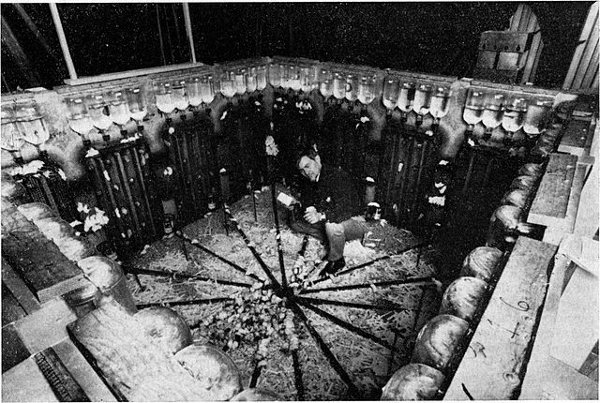This prudence of not attempting to give reasons before one is sure of facts, I learnt from one of your sex, who, as Selden tells us, being in company with some gentlemen that were viewing, and considering something which they called a Chinese shoe, and disputing earnestly about the manner of wearing it, and how it could possibly be put on; put in her word, and said modestly, Gentlemen, are you sure it is a shoe? — Should not that be settled first?
— Benjamin Franklin, letter to Mary Stevenson, Sept. 13, 1760




